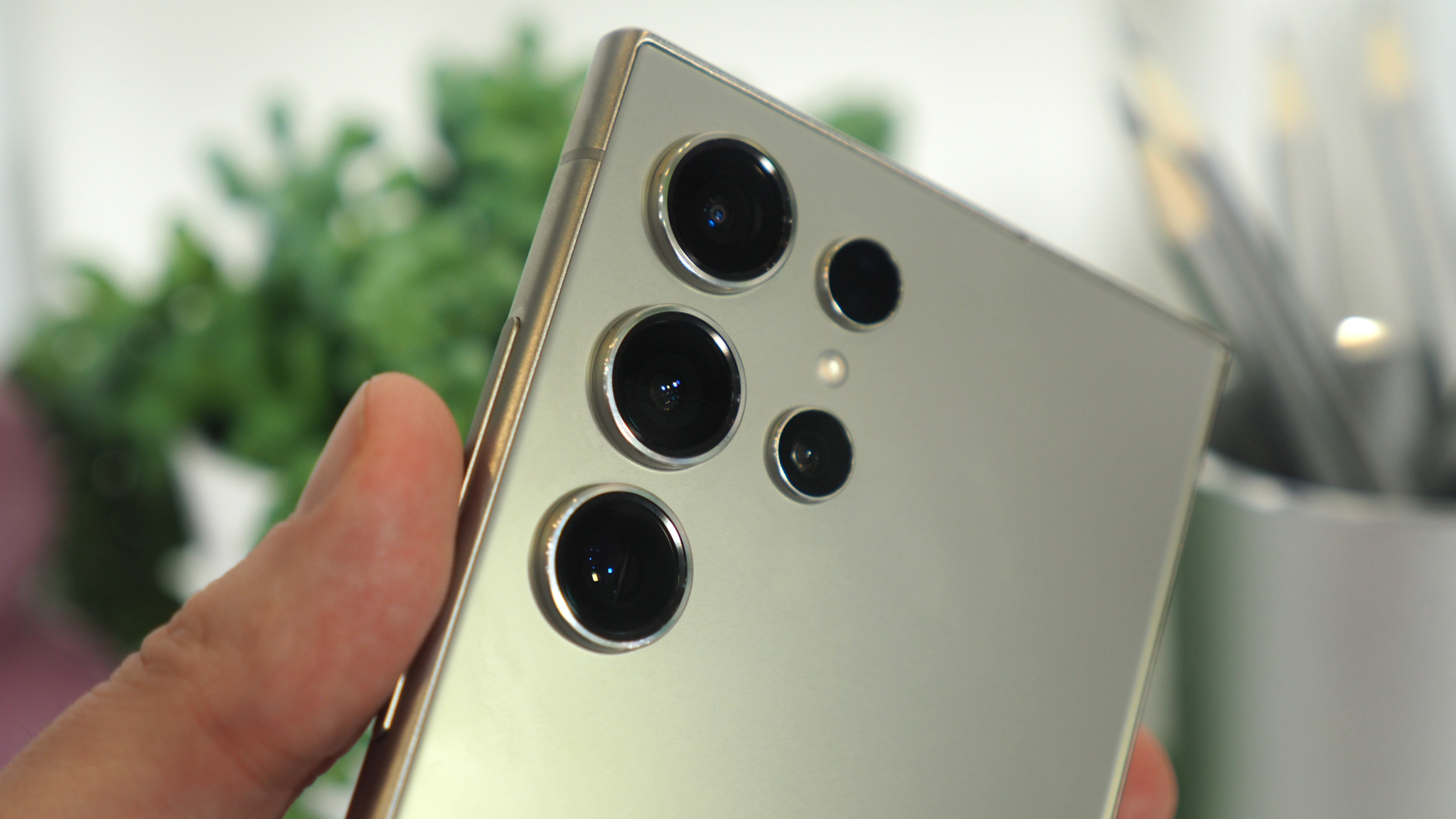
The world of technology is full of beautiful things. From a sleek and stylish new phone to a smartwatch at the cutting edge of fashion, there's always something to find the beauty in.
Still, it's tough to find any sort of beauty in the processors used in those devices. Sure, we can try to make them seem more snazzy with marketing campaigns and adjectives, but it's never going to be the sexiest thing.
Still, it's crucial for any and every tech brand. That's at least part of the reason why Samsung is so keen to regain a hold on the market. Currently, Taiwan's TSMC is the major player, with approximately 62% of the market share. They supply a wide array of brands, including Apple.
Samsung's market share is comparably slim. At 11%, it sits a far cry away from TSMC. It's gaze won't be focussed forward, then, but rather on a brand approaching from the rear. The Semiconductor Manufacturing International Corporation (SMIC) is a Chinese state-owned chip maker – and it is growing.
Based on the same figures cited throughout this piece, the brand grew to a 5.7% market share in Q1 of 2024. Quite aside from any potential geopolitical implications, that rise will has clearly got Samsung worried. Its market share has dwindled over the last few years, with public controversies surrounding its Exynos chips doing nothing to help that cause.
Fortunately, the brand has a solution. Spearheaded by new chip foundry chief, Han Jin-man, said that a two-track strategy will be employed, with the brand aiming to ramp up production of modern 2nm processes to beat its rivals, while also monetising older 10nm processors.
For reference, 10nm architecture was first introduced back in 2016, and featured on devices including the Samsung Galaxy S8 and the iPhone 8. More recently, 10nm architecture was the basis of Intel's Tiger Lake range of processors.
Sign up to the T3 newsletter for smarter living straight to your inbox
Get all the latest news, reviews, deals and buying guides on gorgeous tech, home and active products from the T3 experts
It's not yet clear how Samsung plans to market these older technologies, though. While there is certainly some merit to offering it as a lower-cost phone processor, that may well prove too tough to sell against competitive mid-tier chips on newer processes.
Whatever the case, I really hope Samsung can get back to business on the chip making front. It's no secret that more manufacturers will lead to better competition, more innovation and lower prices, which will be a welcome boost for the end consumers.

Sam is an award-winning journalist with over six years of experience across print and digital media. As T3’s Senior Staff Writer, Sam covers everything from new phones and EVs to luxury watches and fragrances. Working across a range of different social media platforms alongside his written work, Sam is a familiar face for fans of T3. When he’s not reviewing snazzy products or hunting for stellar deals, Sam enjoys football, analog photography and writing music.
-
 This smart home gadget can tell you when to water, feed and move your houseplants
This smart home gadget can tell you when to water, feed and move your houseplantsStress-free plant care? Yes please
By Lizzie Wilmot
-
 Strava just bought Runna and we got the inside story from both CEOs
Strava just bought Runna and we got the inside story from both CEOsNo, Runna isn’t going anywhere – and no, your subscription won’t get more expensive (for now)
By Matt Kollat
-
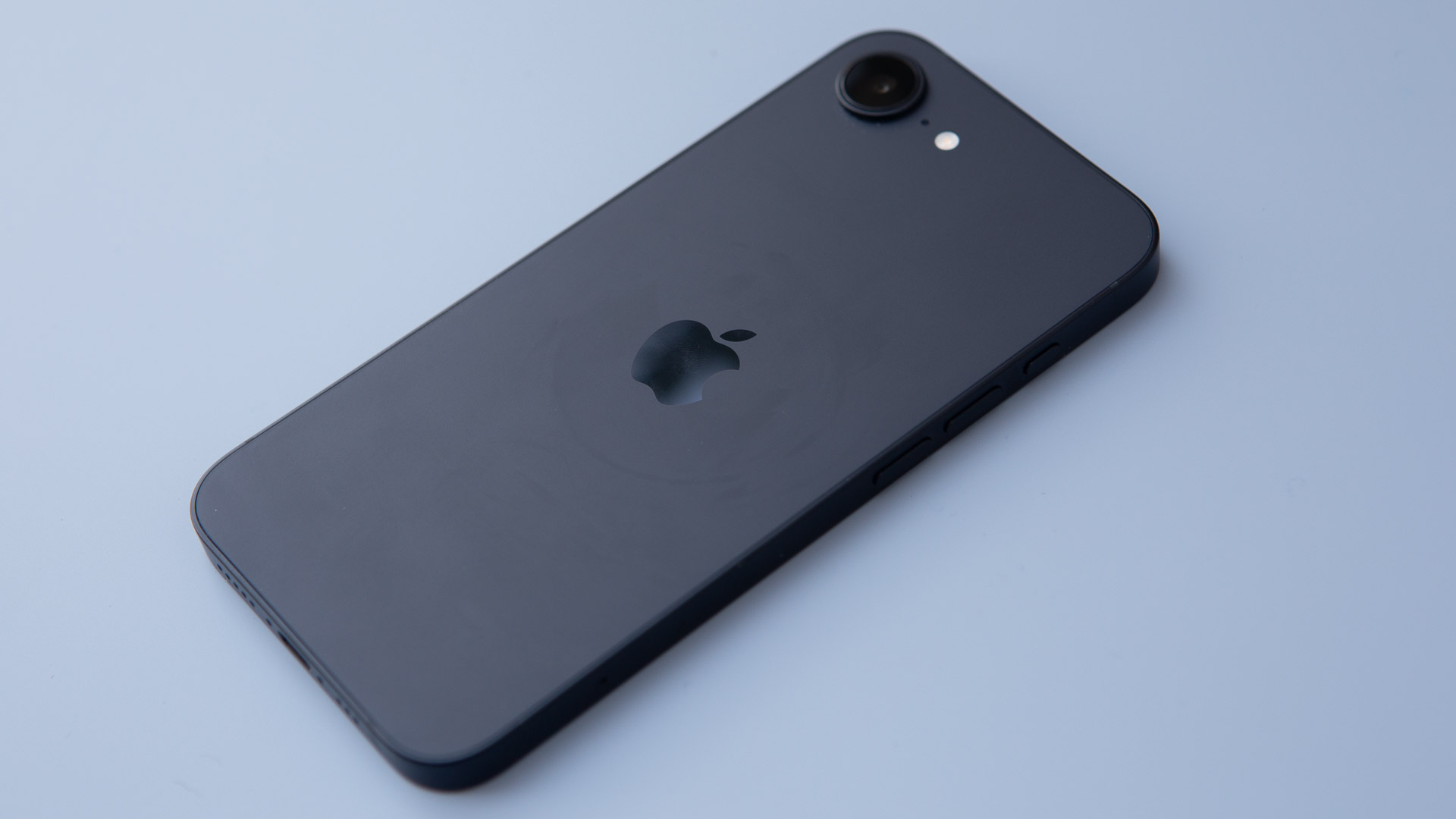 Apple's iPhone just did something it never has before
Apple's iPhone just did something it never has beforeThis is an unprecedented event for the iPhone
By Sam Cross
-
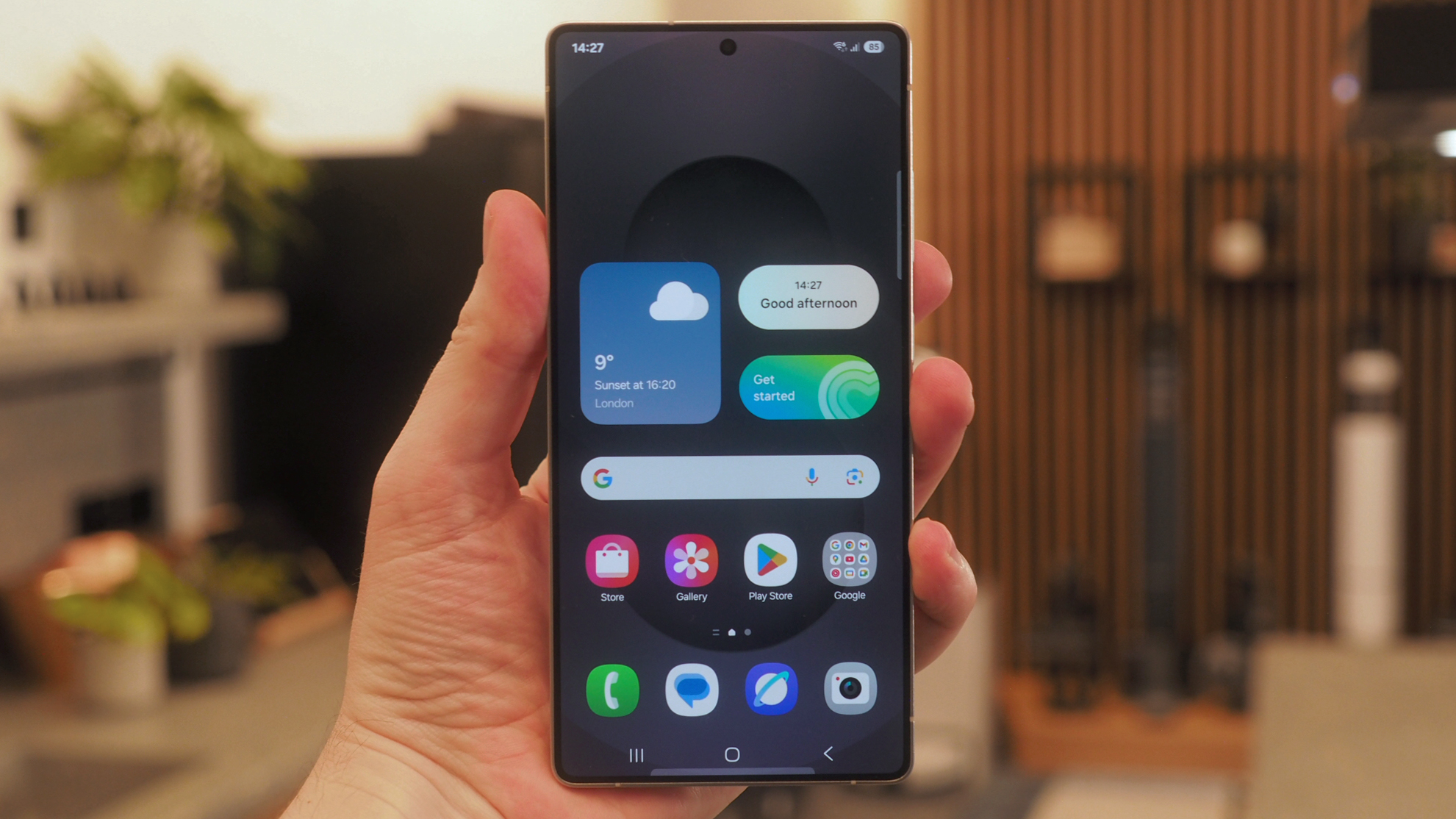 Samsung hits pause on Android 15 rollout, but your phone might be lucky
Samsung hits pause on Android 15 rollout, but your phone might be luckyYour delayed Samsung One UI 7 software update could be delayed some more
By Chris Hall
-
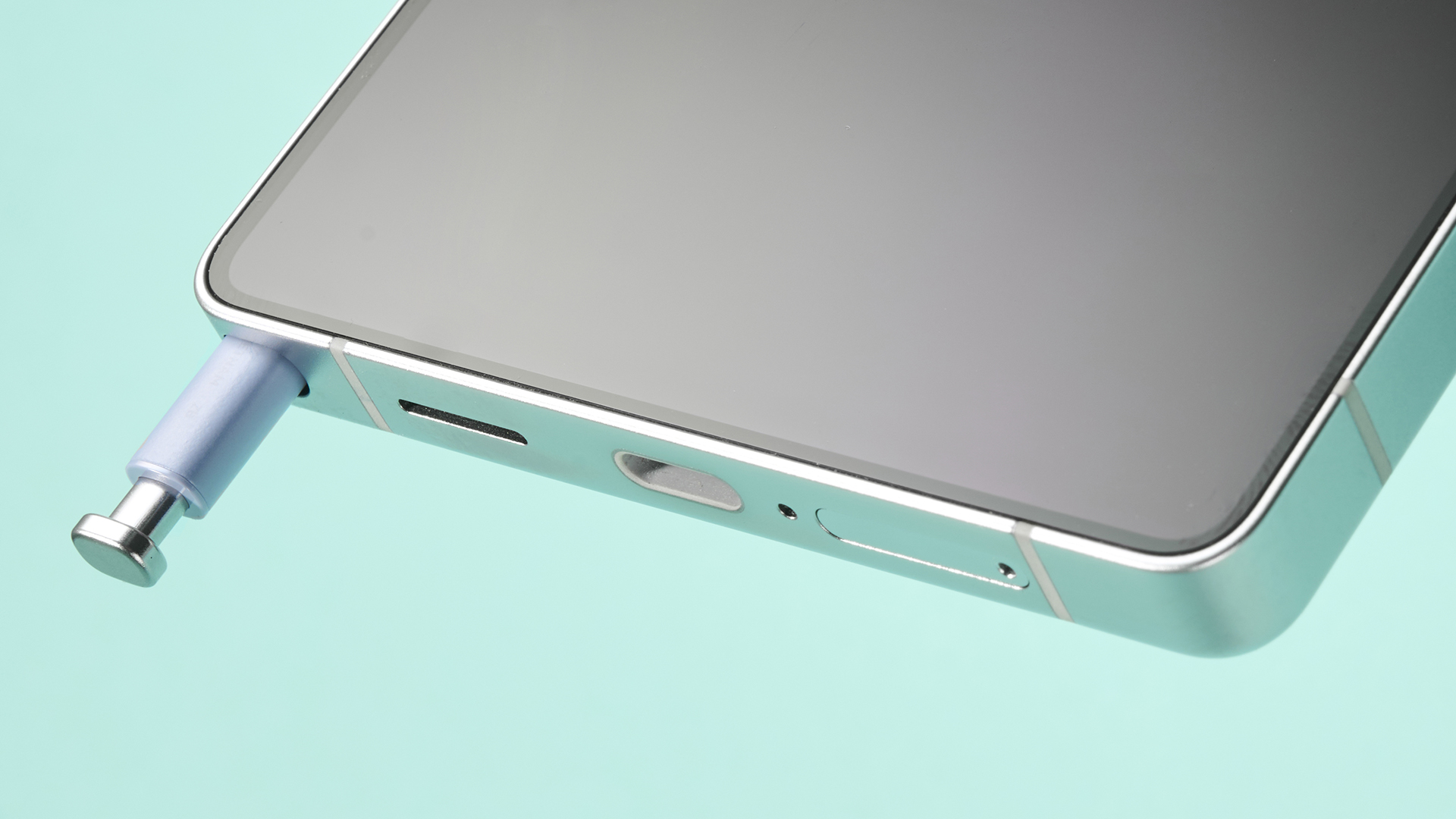 Samsung Galaxy devices could lose a unique feature after all
Samsung Galaxy devices could lose a unique feature after allThat's despite recent claims to the contrary
By Sam Cross
-
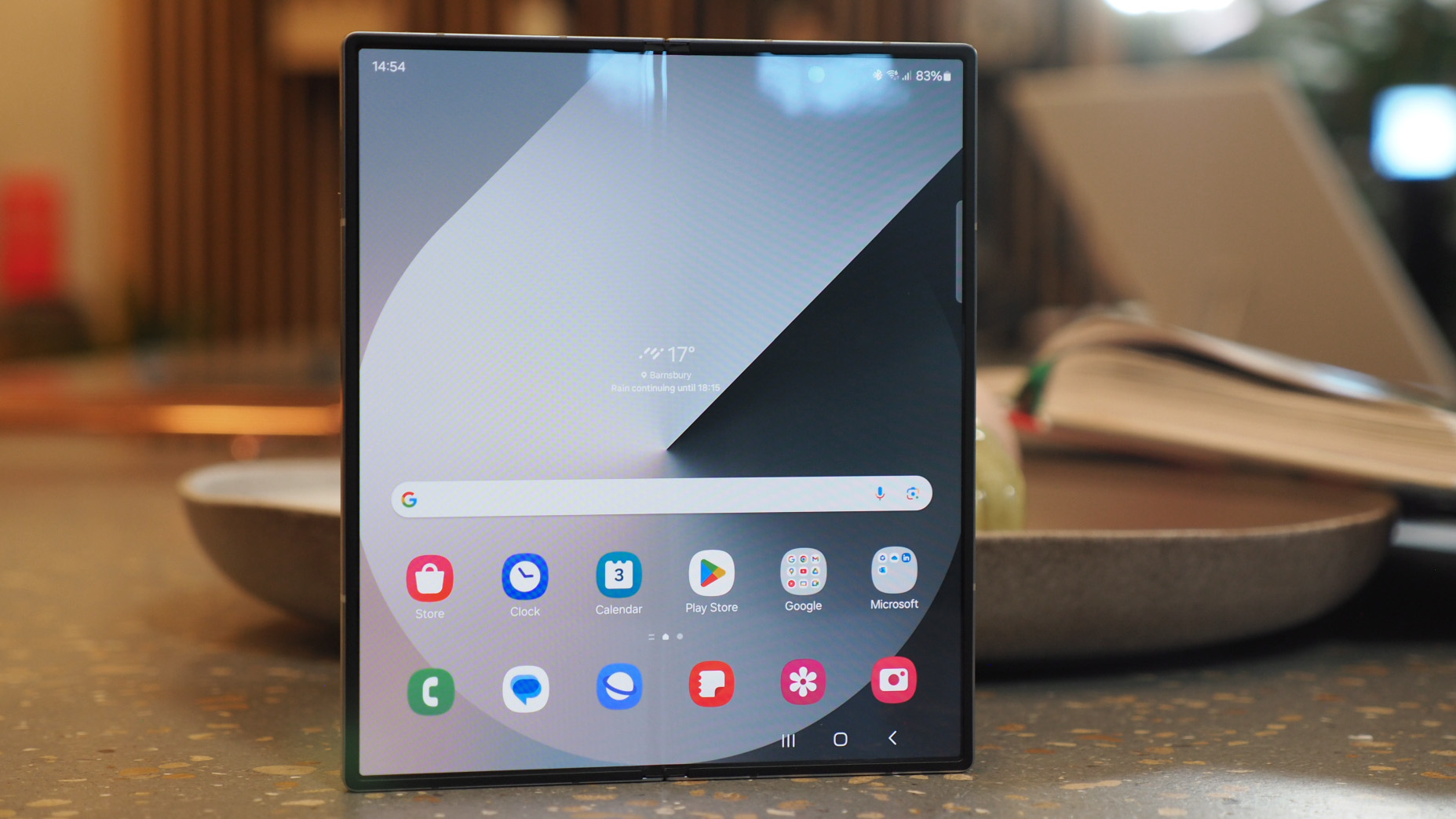 Samsung Galaxy handsets could get a massive free software upgrade as soon as this summer
Samsung Galaxy handsets could get a massive free software upgrade as soon as this summerThat's way sooner than expected
By Sam Cross
-
 Samsung's affordable phones get Awesome Intelligence upgrade for free
Samsung's affordable phones get Awesome Intelligence upgrade for freeAnd its available to install right now
By Britta O'Boyle
-
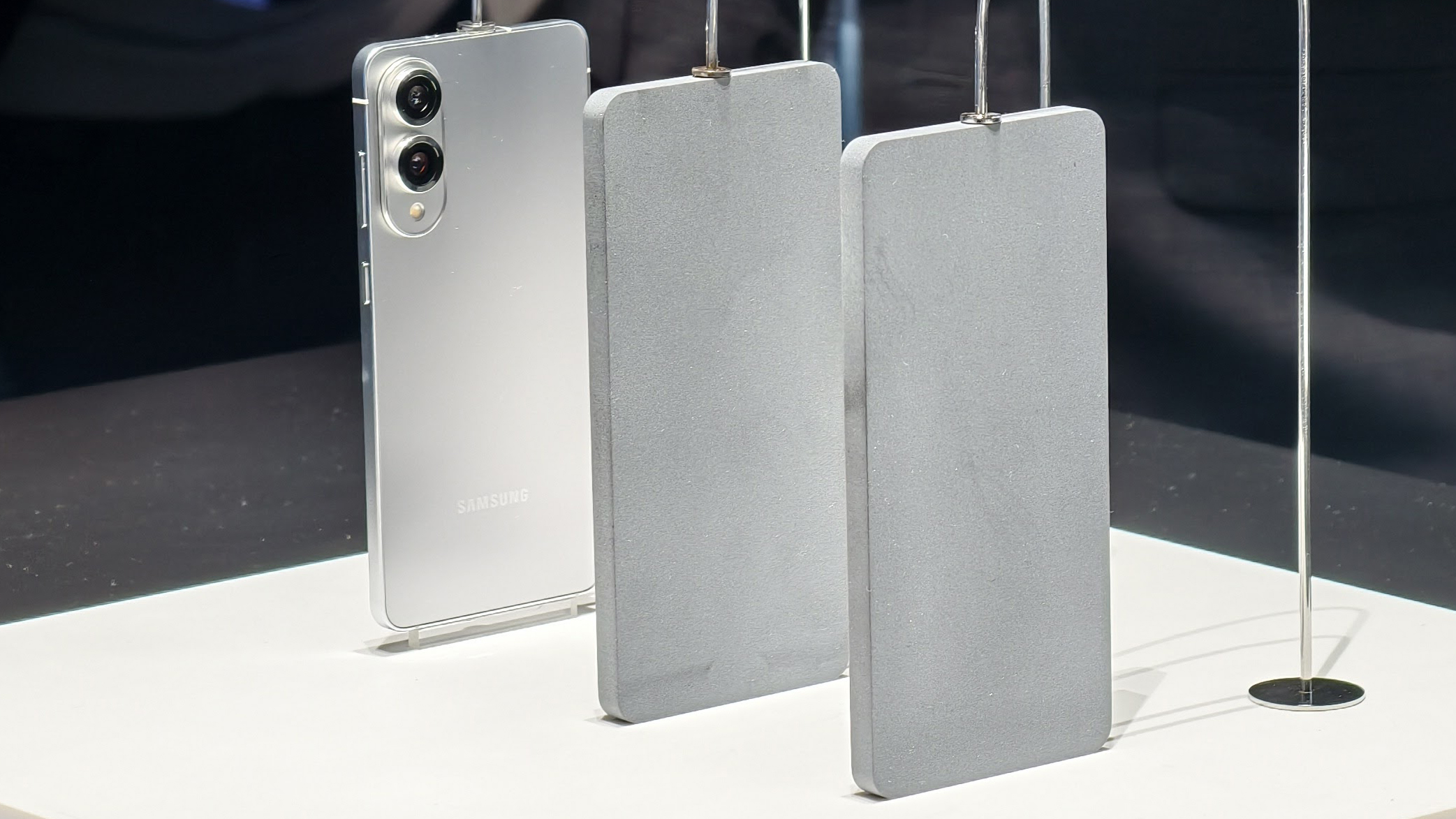 Samsung Galaxy S25 Edge could launch sooner than expected, because of space and time
Samsung Galaxy S25 Edge could launch sooner than expected, because of space and timeYou don't have to be a Doctor to realise why
By Britta O'Boyle
-
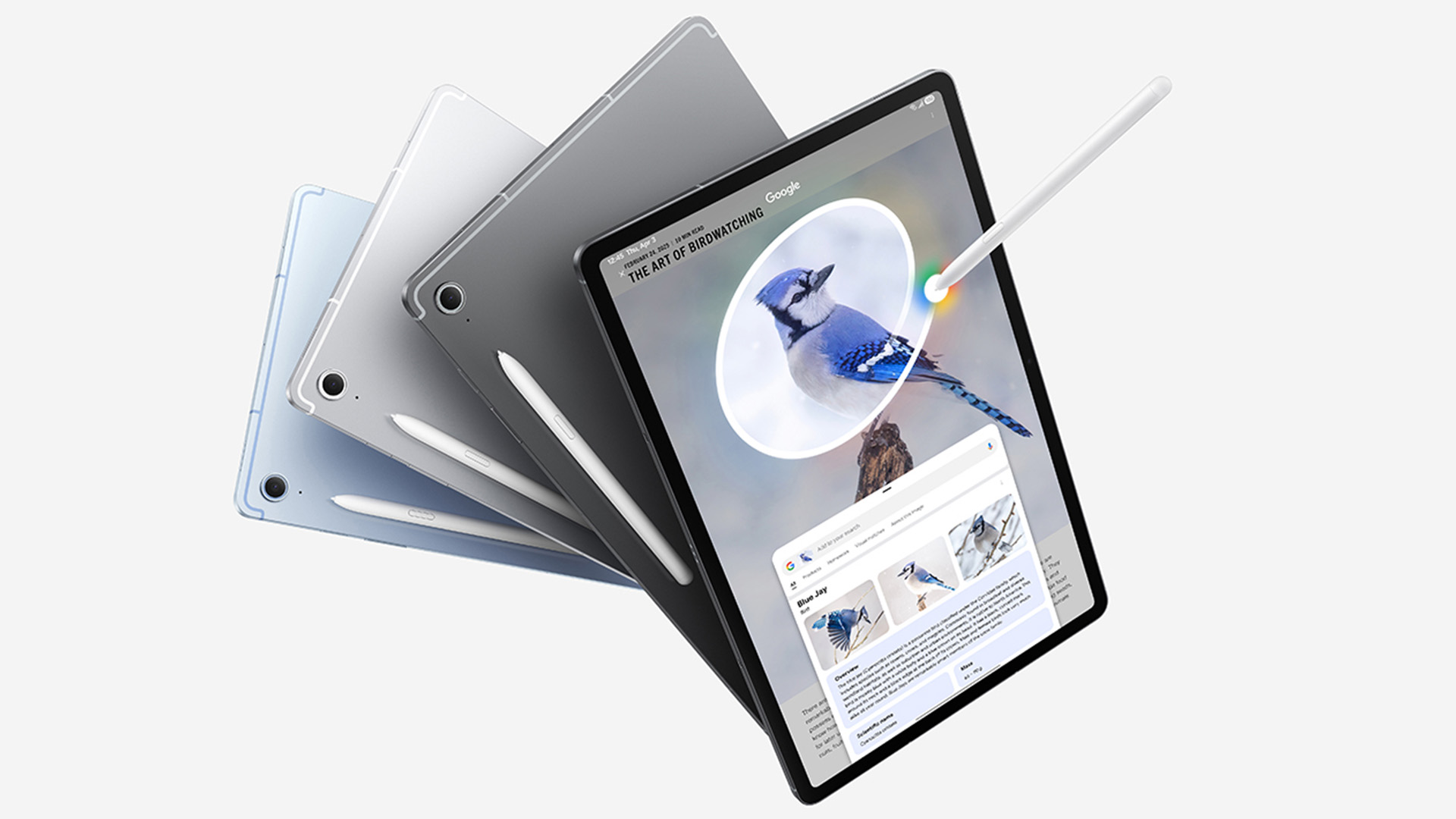 The Galaxy Tab S10 FE might be Samsung's best-value tablet yet
The Galaxy Tab S10 FE might be Samsung's best-value tablet yetA great new semi-premium entrypoint
By Max Freeman-Mills
-
 Samsung's bezel breakthrough could slash the cost of big-screen 8K OLED TVs
Samsung's bezel breakthrough could slash the cost of big-screen 8K OLED TVsMassive TV panels are really hard to make – so why not just tile multiple smaller ones instead?
By Carrie Marshall